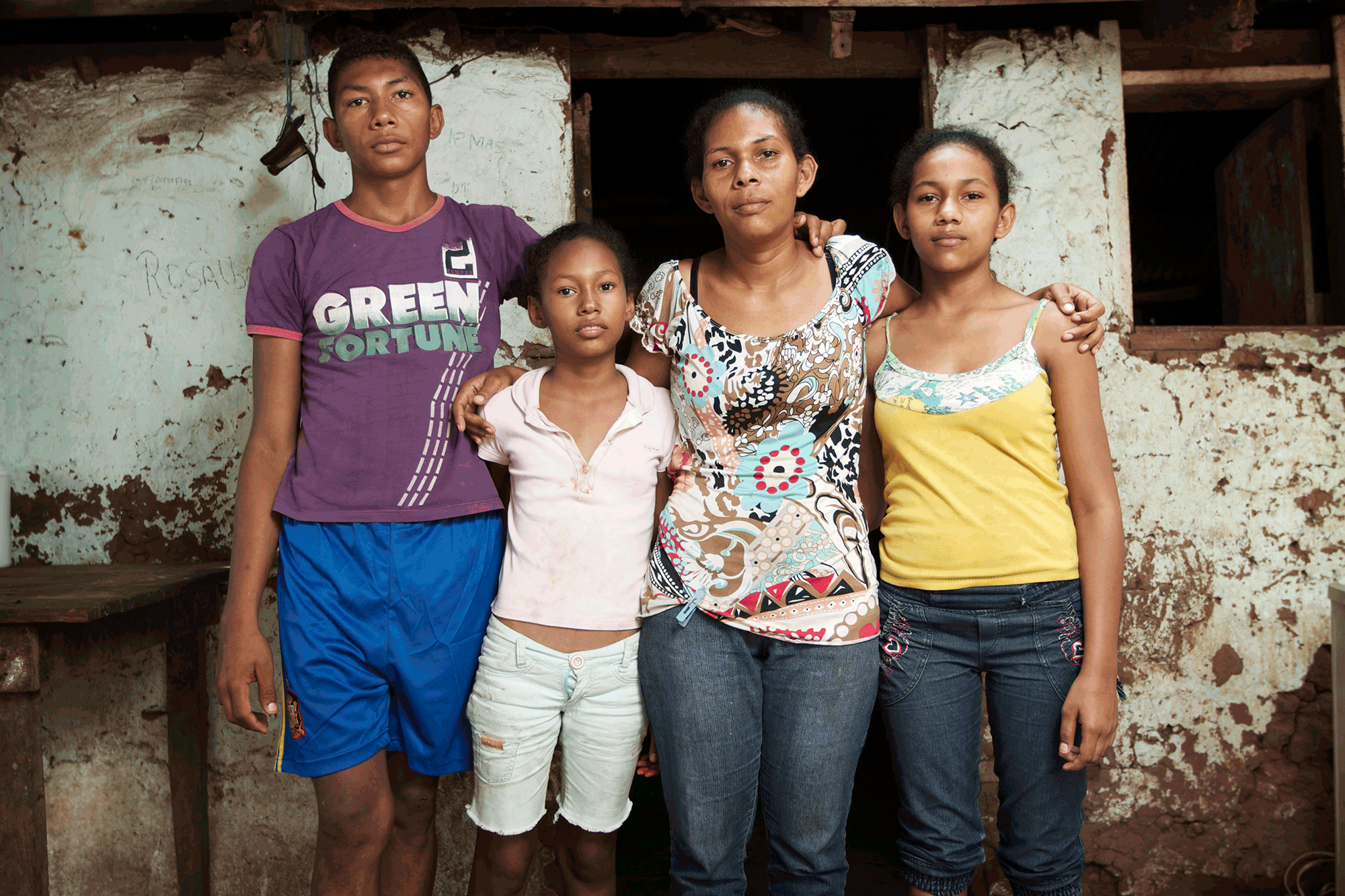The current and the former president of the Colombian subsidiary of the American coal giant Drummond have been charged with complicity in gross human rights violations. In 2014, PAX published on these matters in its report “The Dark Side of Coal”.
The indictment, issued by the Prosecutor’s Office on December 17, 2020, alleges that the current President, José Miguel Linares, and the former President, Augusto Jiménez, financed and backed the infamous United Self-Defence Forces of Colombia (AUC) between 1996 and 2001. The charges amount to crimes against humanity and are not subject to the statute of limitations under Colombian law.
The criminal investigation against these presidents of the Colombian subsidiary of the US mining company was officially announced in October 2018 and initially targeted 6 executive managers, including ex-CIA agent James Adkins who was formerly based in the US. The prosecution obtained testimonials from 10 former Drummond employees and 2 former Drummond contractors, and from demobilized paramilitaries. The suspects were interrogated in late 2019, and the investigation was finalised on October 27, 2020.
The allegations revolve around the collaboration between the two defendants and Jaime Blanco Maya, the director of the catering company contracted by Drummond. Mr Blanco Maya openly welcomed paramilitaries in his cafeteria. He allegedly channelled payments from Drummond to the paramilitaries by inflating invoices to conceal evidence. In 2013, Blanco was sentenced by Colombian justice to 38 years in prison for the murder of two Drummond employees who were trade union leaders. In that case, Drummond escaped prosecution. Mr Blanco Maya is currently testifying voluntarilybefore the Special Jurisdiction for Peace (SJP).
In the indictment, the Office of the Prosecutor General lists 3,382 victims of crimes, including murder, enforced disappearance, and kidnapping. Paramilitary units known as the Juan Andrés Alvarez Front of the AUC’s Northern Bloc committed all these crimes in the Cesar mining area and along the railroad to the export ports. Their crimes were part of a terrorist strategy against the local population with the aim of displacing them from the area and stealing their land. The strategy was ideologically justified by claims that it was part of the war against guerrillas, based on the false assumption that local farmers were supporting the guerrillas.
The Dark Side of Coal and reconciliation in the Cesar mining region
The indictment echoes the findings of the June 2014 report “The Dark Side of Coal” by PAX about the roles of Drummond and Glencore’s subsidiary, Prodeco, during the paramilitary violence in Cesar between 1996 and 2006. PAX called upon both companies to contribute to remedy and reparation for victims of paramilitary violence to create an enabling environment for reconciliation and peace. PAX has never participated in legal proceedings involving the companies.
For the past 7 years, PAX has been supporting the leaders of the main regional victims’ organization, Asamblea Campesina del Cesar, in their efforts to realize their right to remedy and reparation through state institutions and the companies themselves. At the request of the Asamblea, PAX has been trying unrelentingly to open a constructive dialoguebetween victims and the companies to achieve remedy and reconciliation. Unfortunately, the companies have been dragging their feet and, after 7 years, have still not entered into a formal dialogue with the victims’ organization.
First senior multinational executives before the Special Jurisdiction for Peace?
To escape a criminal process, the two defendants may request that their case be transferred to the SJP. By doing so, they would escape regular criminal penalties and be subject instead to much more lenient alternative punitive measures. They have until January 27 to do so. However, if they go down this route, they would have to commit to speaking the full truth and contributing to remedy for the victims or go through the normal court system anyway. Doing so could have serious consequences for other people and for the company itself, and consequently this choice may be a difficult one for them to make.
If they choose to appear before the SJP, this would be a first for senior managers of a large company. Hopefully, their lawyers will advise them to testify before the SJP, as this would finally allow the victims to hear the truth. The indictment of Drummond shows that the victims of paramilitary violence were right to persist in calling for the mining companies to answer for their actions. Meanwhile, the window for Drummond and Prodeco to answer that call is rapidly closing.




